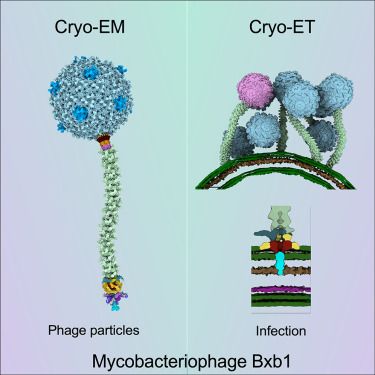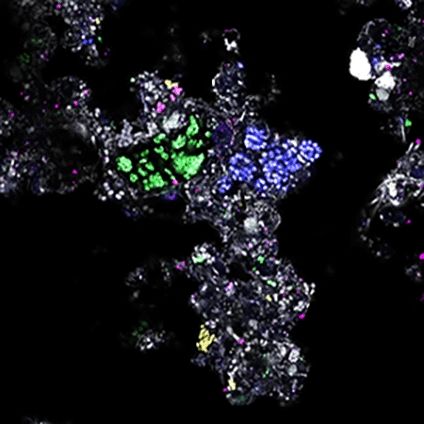D- and L-lactate consumers in the human gut are taxonomically, biochemically, and energetically different https://www.biorxiv.org/content/10.1101/2025.10.29.685474v1
31.10.2025 17:46 — 👍 2 🔁 1 💬 0 📌 0
Human gut flagellome profiling using FlaPro reveals TLR5-related phenotype-specific alterations in IBD
Flagellin is the protein monomer of the bacterial flagellum, which confers motility, allowing bacteria to reach their favored niches. Flagellin is highly conserved across bacterial species and thus the target of the innate immune receptor Toll-like receptor 5 (TLR5). In the gut, bacterial flagellin agonizes human TLR5, triggering a pro-inflammatory response. However, the ability to bind and activate TLR5 varies considerably between different flagellins, suggesting that the composition of an individual's flagellin repertoire - the flagellome - may mediate the inflammatory response to the microbiome, with relevance to inflammatory bowel diseases. However, to date, methods to assess the inflammatory potential of a flagellome are lacking. To address this gap, we constructed a curated database of human gut flagellins. To predict the inflammatory potential of the flagellome by sorting flagellins into either "stimulatory" (strong TLR5 agonists) or "silent" (weak TLR5 agonists), we trained a machine learning model on experimentally characterized flagellins with known binding and stimulatory activities. The FlaPro pipeline was implemented using the Snakemake workflow engine for high-throughput analysis and is available at https://github.com/leylabmpi/FlaPro. To validate our approach and explore clinical associations, we applied FlaPro to a publicly available multi-omics dataset from an inflammatory bowel disease (IBD) cohort. Our analysis demonstrates that FlaPro enables robust profiling of the human gut flagellome from metagenomic and metatranscriptomic data. Analysis of the IBD datasets revealed a depletion of flagellome diversity and a reduced silent-to-stimulatory flagellin abundance ratio in Crohn's disease and ulcerative colitis, observed at both the genomic and transcriptional levels. Multiple condition-specific alterations were identified at the level of individual flagellin clusters. These findings indicate that IBD is associated with distinct alterations in the gut flagellome, particularly in relation to TLR5 recognition. Flagellome features represent a functionally interpretable class of microbiome-derived markers with potential utility in microbiome-wide association studies in the context of human health and disease. ### Competing Interest Statement The authors have declared no competing interest. Max Planck Society and the European Research Council (ERC) under the European Unions Horizon 2020 research and innovation programme Grant agreement
FlaPro - a pipeline for quantifying silent and stimulatory flagellins in the human gut - reveals how the flagellome shifts in inflammatory bowel diseases.
Congrats to @anya-bogdanova.bsky.social on her first preprint from the Ley Lab @microbiome.bsky.social !
www.biorxiv.org/content/10.1...
07.07.2025 06:48 — 👍 11 🔁 3 💬 0 📌 1
Reminds me of: "Beer and other alcoholic beverages may have played a pivotal role in cementing human societies through the social act and rituals of drinking..." (Libkind et al, PNAS, 2011)
25.04.2025 06:47 — 👍 1 🔁 0 💬 1 📌 0
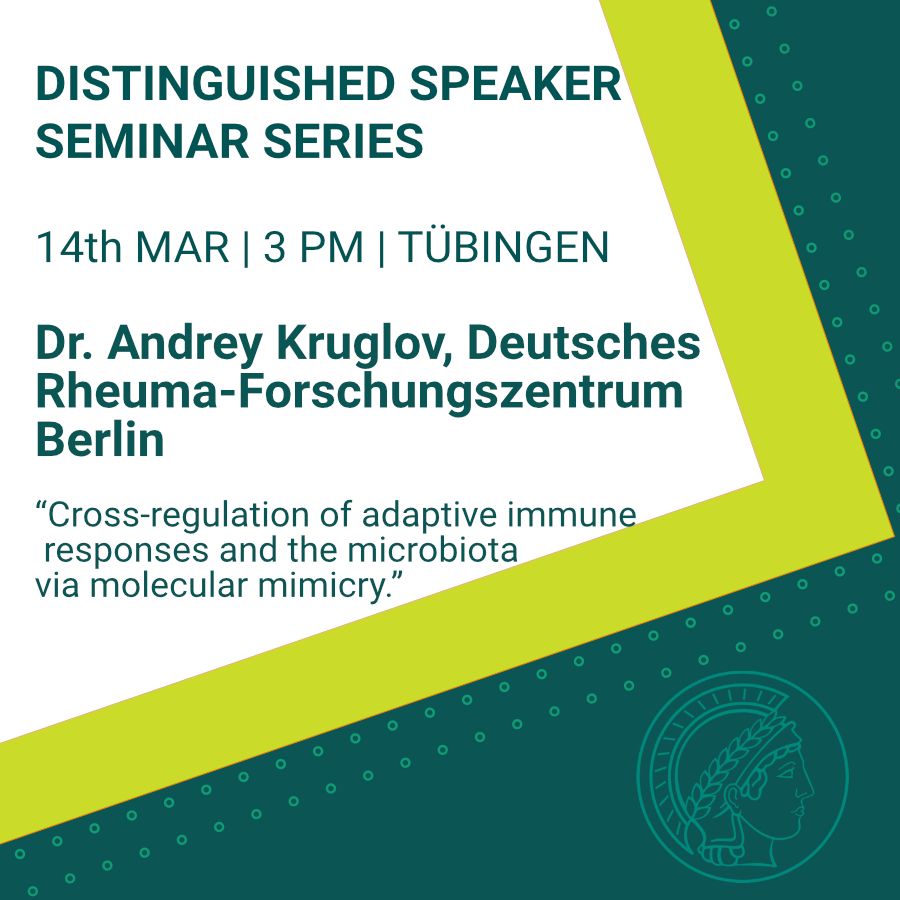
Come join us this Friday for another Distinguished Speaker Seminar Series talk by Dr. Andrey Kruglov
from the Deutsches Rheuma-Forschungszentrum Berlin
▶️More info: shorturl.at/0S9AB
📆: Friday 14th March, at 3pm
📍: MPI-Bio room 0A01
#DSSS
12.03.2025 12:38 — 👍 3 🔁 1 💬 0 📌 0
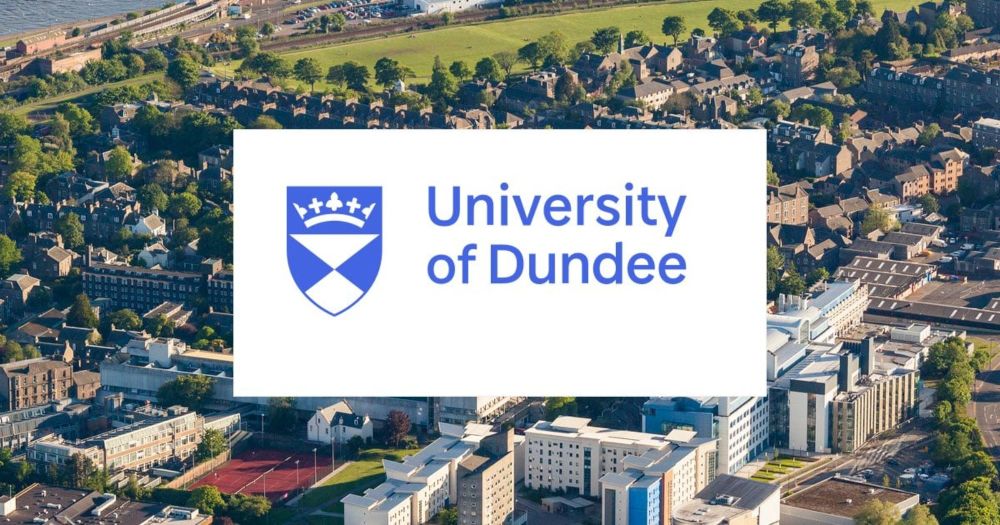
How do ancient genes regulate animal embryo development at single cell resolution | University of Dundee, UK
A PhD project at the University of Dundee
Please spread the word🙏:
[PhD Position in Computational Evolutionary Transcriptomics]
If you are interested in doing a PhD in gorgeous Scotland on 'Why embryo development goes wrong sometimes?', please consider applying and join our wonderful team in Dundee!
www.dundee.ac.uk/phds/opportu...
03.03.2025 11:44 — 👍 25 🔁 22 💬 0 📌 3
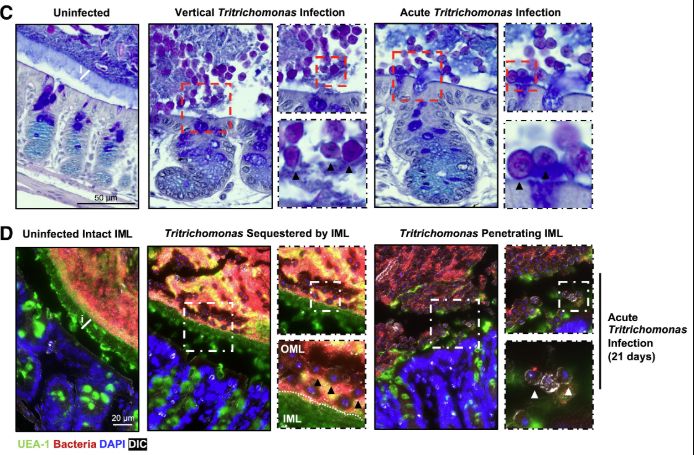
Cross-kingdom-mediated detection of intestinal protozoa through NLRP6 @cp-cellhostmicrobe.bsky.social
www.cell.com/cell-host-mi...
04.03.2025 19:04 — 👍 2 🔁 1 💬 0 📌 0
We're once again hosting the Human #Microbiome conference at @embl.org, organized by Ami Bhatt, Nicola Segata, Mani Arumugam and Peer Bork! We always have a great lineup of speakers, so register now and think about an abstract to submit (abstract submission deadline in June)
26.02.2025 19:19 — 👍 18 🔁 11 💬 0 📌 0
So excited to share this latest work by @kelseyhuus.bsky.social !!!
She shows that flagellin in the human gut affects whether or not people develop fever in response to vaccine, and the amount of flagellin reflects diet
25.02.2025 06:35 — 👍 92 🔁 30 💬 3 📌 2
Clinically relevant eukaryotes quantified from stool metagenomes
27.01.2025 10:46 — 👍 5 🔁 2 💬 0 📌 0
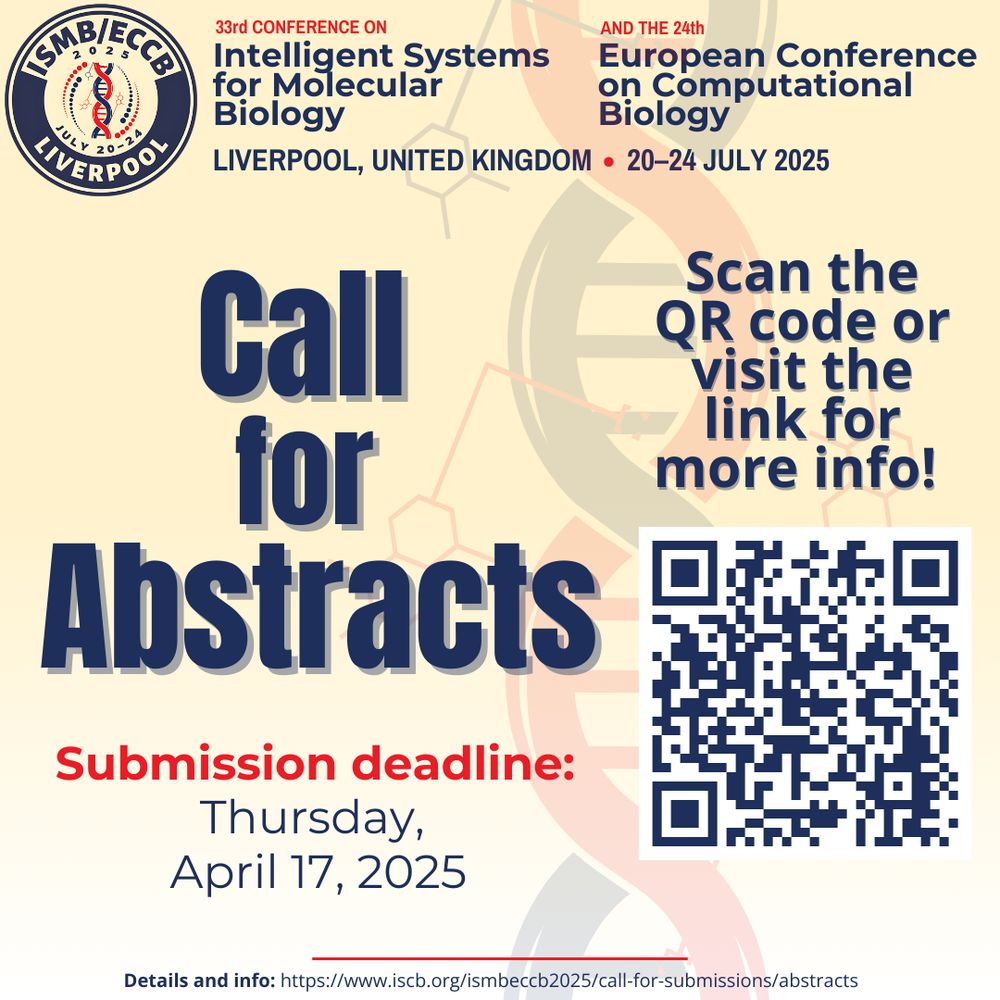
📣 Researchers, share your work at #ISMBECCB2025! Submit abstracts for in-progress, unpublished research; or studies published in the last 18 months.
📅 Submission deadline: April 17, 2025
📥Submit now: https://t.ly/kaRxY
#Bioinformatics #ComputationalBiology
20.01.2025 11:02 — 👍 4 🔁 1 💬 0 📌 0
Excited to see how Nearest Balance, our compositional data analysis method, came in handy for defining #microbiome dynamics in our one-sided host-microbiome selection experiment!
24.01.2025 16:53 — 👍 6 🔁 1 💬 1 📌 0
Microbiology PhD Student at Arizona State University. I work on Peromyscus (deer mice) and study host-microbe codiversification @suzukilab.bsky.social 🐭🦠
Taichi Suzuki’s lab at Arizona State University studies the ecology and evolution of host-microbial interactions and the role of microbiomes in wild rodents and human health 🐭💩🧬
Lab website: https://www.taichilab.org
Alexander von Humboldt Professor of Evolutionary Microbiology
@UniCologne & @CEPLAS_1, studying how fungi interact with plants and their environment. He/him. 💛🖤
At the forefront of research into food, the gut microbiome, and human health.
Partnership between Quadram Institute Bioscience, @nnuh.bsky.social , @uniofeastanglia.bsky.social and the Biotechnology & Biological Sciences Research Council
Physics and biology of microbial communities. Structure, function, evolution. Center for the Physics of Evolving Systems. Dept. of Ecology and Evolution. UChicago. @NITMB, @CLS. kuehnlab.org
Professor of genome and exposome, UMCG, Groningen, The Netherlands. Interested in microbiome, virome, early life, genetics, exposome, gut health
Microbial evolution & ecology, focus on surface structures (capsules) and HGT (#plasmids #phages), mostly in #Klebsiella #MicroSky
From Asturias 🇪🇸 living in 🇫🇷 @cnrs.bsky.social
Professor of Microbiomics at @tartumicrobiome.bsky.social of University of Tartu & Head of the Estonian Genome Centre
Professor of Ecosystem Data Science at @hifmb.bsky.social studying the ecology and evolution of microbes through high-resolution 'omics and #anvio
Bioinformatician at MGnify (EMBL-EBI) working on MAG catalogues | PhD in Integrative Biology | UC Berkeley alum | Metagenomics, bioinformatics, evolutionary biology
🏫 Postdoc at the Molecular Primatology Lab, UMass Amherst
🔬Coevolutionary systems, metagenomics, disease ecology, phylogenetic comparative methods, dialectical biology
🌱 Gardener, hobby mycologist, illustrator
🔗 https://rachelbell.umasscreate.net/
Microbial ecologist turned NHS Clinical Scientist in IPC @Scottish Microbiology Ref Labs, Glasgow. Works on built env / water microbiology, molecular diagnostics, pathogen surveillance, data viz/stats. Probably drinks too much coffee. 🇨🇦
PhD student @mpi-bio-fml.bsky.social | Interested in algae, plants, evolution and genomics.
Doctoral researcher at The Ley Lab MPI For biology
Microbiologist interested in gut microbiota-pathogen interaction. Professor at TU Munich, PhD ETH Zurich, studies at LMU Munich and University of Warwick, UK.
🇲🇹 🇬🇧 Exploring the weird and wonderful world of #redalgae www.borglab.org
I am not a deep man, but I have many shallows. ctbrown@ucdavis.edu, http://ivory.idyll.org/blog/.
Microbial ecologist: EIC for mSystems Journal, cofounder of http://biomesense.com; President for AMI (http://appliedmicrobiology.org); Father, Scientist, Pilot.
Algae enthusiast! Post-doc at @mpi-bio-fml.bsky.social
Genetics, genomics and yeast lover
Professor of Genetics, Strasbourg University


